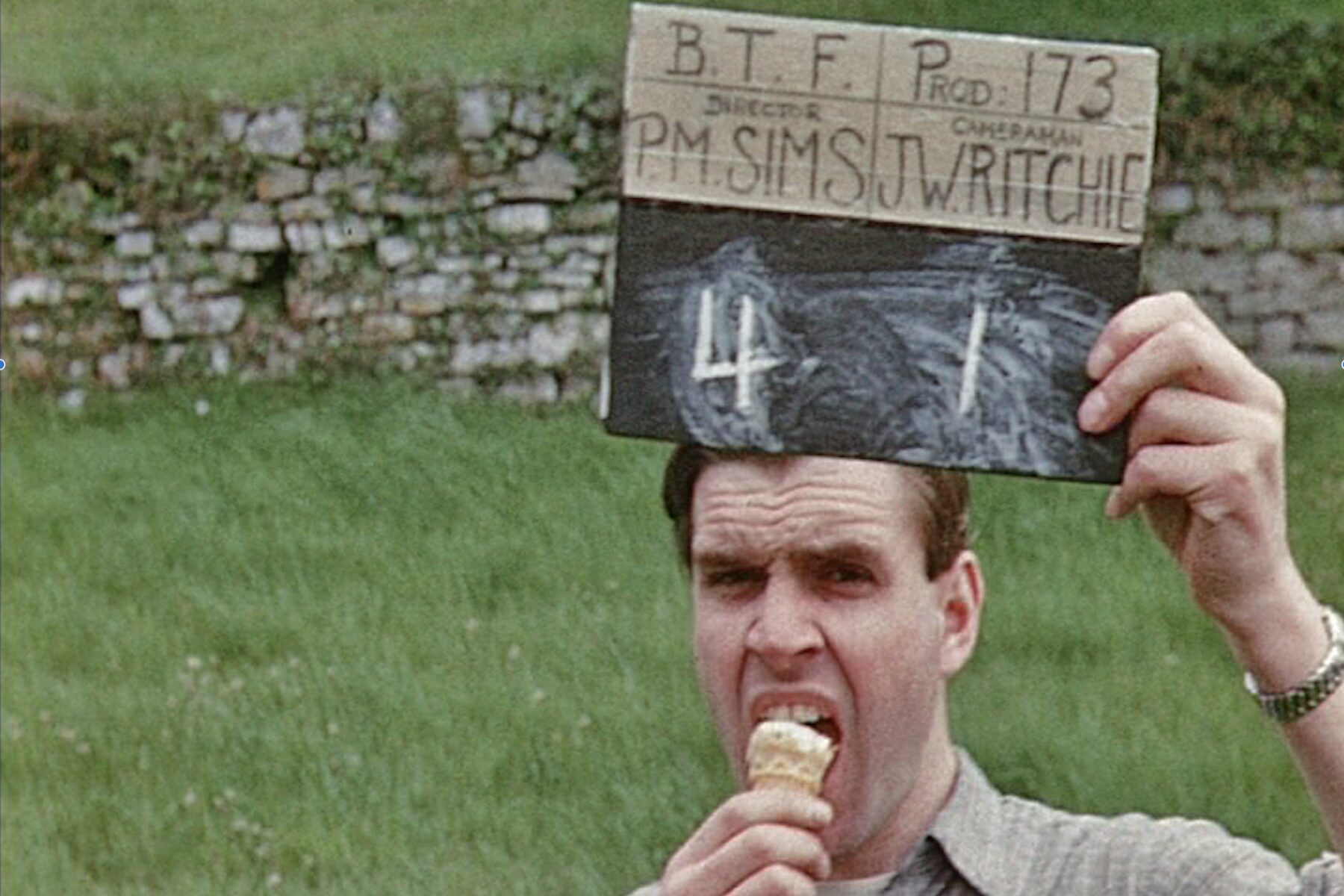
The Steinway in the Lounge
“A friend had bought a square piano in Bonham’s saleroom with the intention of having it restored as a present for me. Nothing had ever been done and I decided to see to it. Morleys came, looked, and went away to quote. Then by a happy chance there was a commercial at a house in Pond Street, Hampstead, which turned out to be the home of Ruth Hall, a lady music critic. You sensed this after passing through the front door and being instantly surrounded by harpsichords, spinets, clavichords and forte pianos. My own anxiety about overcrowded bookshelves receded and I began to feel better about them. She was a nice lady, we soon got talking and I mentioned my piano.
“Oh there’s no question you must get Roguski to do it.”
I did get Roguski to do it; it took me (and him) four years. I would not have had it any other way; restoring a lovely old instrument is life enhancing so make the most of it.
On the appointed day Mr Roguski came to the house to look over the piano and afterwards as we sat over coffee he made me a promise that when it was finished it would sound exactly as when it was first made,
“What I can’t tell you is whether it will be nice sound,sometimes it wasn’t you know.”
I didn’t but said I would take my chance and shortly after that he and the piano drove away together. Then the letters began to arrive. One intriguing feature of the piano was that although the satinwood fret bore a beautifully ornate description –
“By the King’s Patent FREDERICUS BECK fecit. No 10 Broad Street, Soho.”yet there was no date given (there is no Broad Street in Soho either, perhaps it was Broadwick).
Dear Mr Watkin, There is a date on the sound board; your Fredericus was born in 1790.
Dear Mr Watkin, Fredericus and I have had a good week.
Dear Mr Watkin, 6th February 1977. Although very much delayed, I wish you a Happy New Year. Well your Fredericus has been in the shackles for some time and now and then I release him and do more surgery on him each time. I wish you could see your piano in its present state, otherwise you cannot imagine how much has to be done to the little fellow to put him on his feet again.

I soon decided that even when finally back on its feet an eighteenth century piano was not a sensible choice of instrument for a peripatetic cinematographer. There was a lovely shop in Lewes where Ben Davis made and restored all the members of the string family. Thinking it would be the only practical size to cart around on location, I went in and said I wished to take up the violin. The Hans Sachs of Lewes High Street was delightful (working on musical instruments seemed to have an effect on people). He said that if you didn’t start the violin as a child the game was up, but how about the cello? He had a good student instrument at a reasonable price that would suit me very well. It seemed fine to me, but then I noticed a number of worm-holes, so I pointed these out and asked had they been treated. He didn’t know, but I wasn’t to worry,
“They won’t stay in there once you start playing.”
Subsequent owners of the instrument have doubtless benefited from my brief custody of it. It must have become a kind of woodworm’s Marie Celeste, and the departing little creatures were followed soon afterwards by any idea I might have had about mastering the instrument; I was even inclined to believe for a while that my father had been right.” Clara, p359






One Reply to “The Pianos at the Mews (from David’s autobiography)”